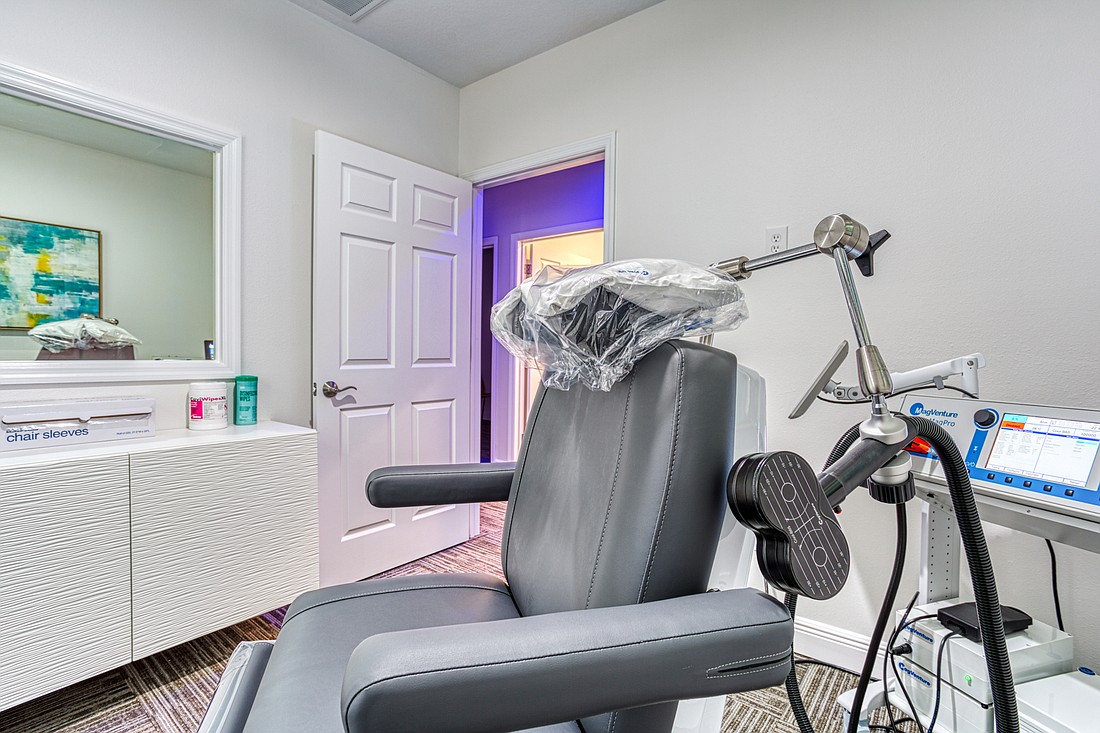- December 15, 2025
-
-
Loading

Loading

Pandemic-based stay-at-home orders and social distancing of the COVID-19 era exposed a somewhat hidden need in society: greater access to a wider variety of mental health services.
With many people in self-imposed isolation, depression and anxiety are on the rise like never before. According to a recent Pew Research Center survey, 33% of all Americans experienced some sort of psychological distress in March and April. By late June, as the pandemic wore on, that number increased to 40%, according to the Centers for Disease Control and Prevention.